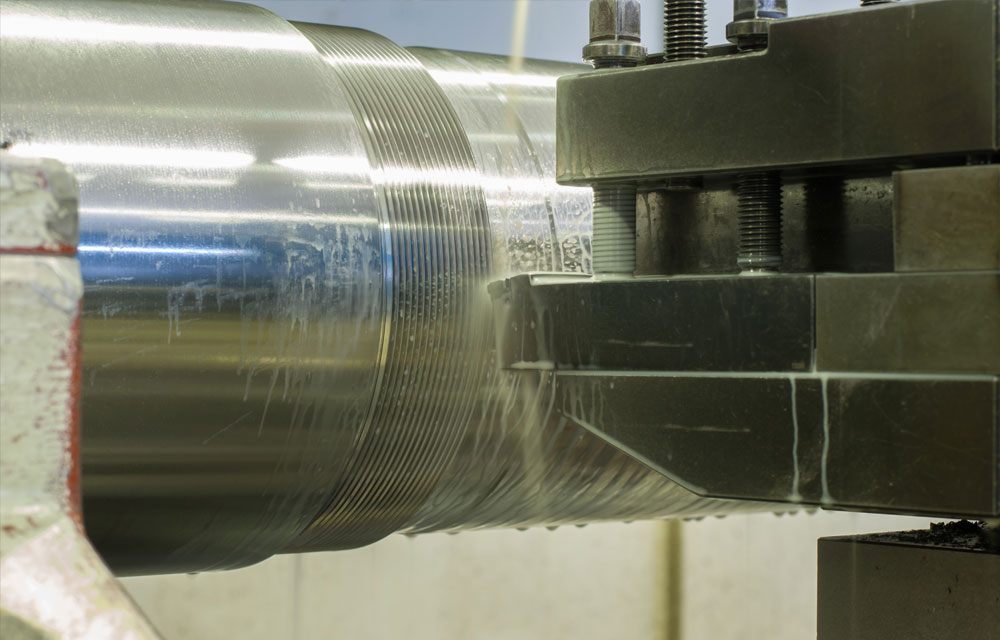Precision engineering is a term often used to describe the application of scientific principles and practices to achieve an improved level of performance or efficiency in products. Precision engineering has revolutionized the way products are designed, manufactured, tested, and operated across many industries.
One of the most important advantages that precision engineering offers is its ability to achieve higher levels of accuracy in product specifications. This increased accuracy allows manufacturers to produce products that meet or exceed customer expectations, while also reducing the amount of waste produced during production. In addition, precision engineering can help improve product reliability by ensuring that components are constructed properly and fit together correctly.

Another key benefit of precision engineering is its ability to reduce the time needed to develop new products or improve existing ones. By focusing on specific areas of improvement, precision engineers can speed up the process significantly by identifying and addressing any problems early on. This helps ensure that products reach the market faster and with fewer defects than would be possible if they were developed using traditional methods.
Overall, precision engineering is an effective way to improve the quality and performance of products across a wide range of industries. By applying scientific principles and practices in a precise manner, engineers can create products that meet or exceed customer expectations while also reducing waste and achieving greater levels of reliability.